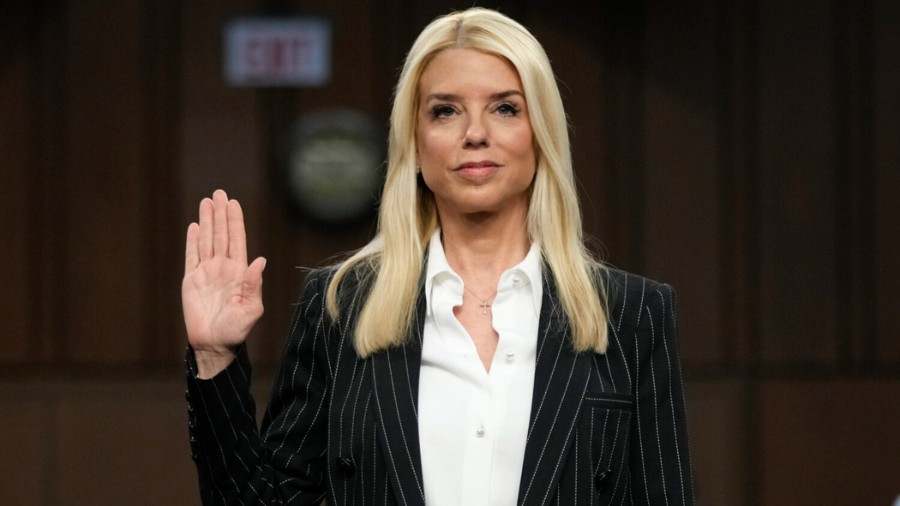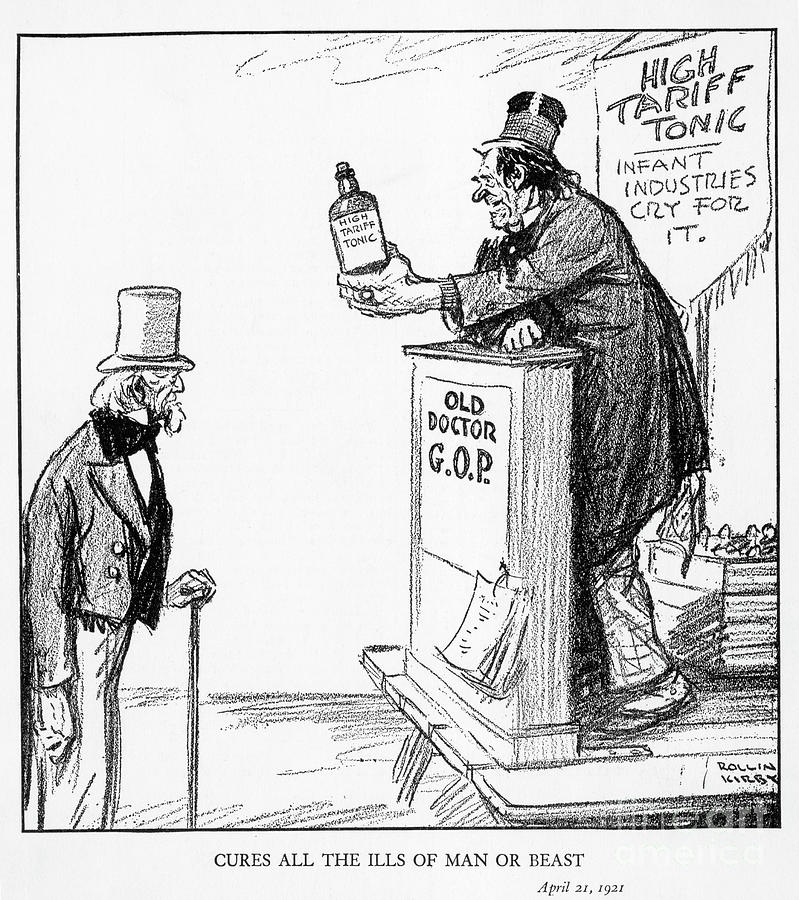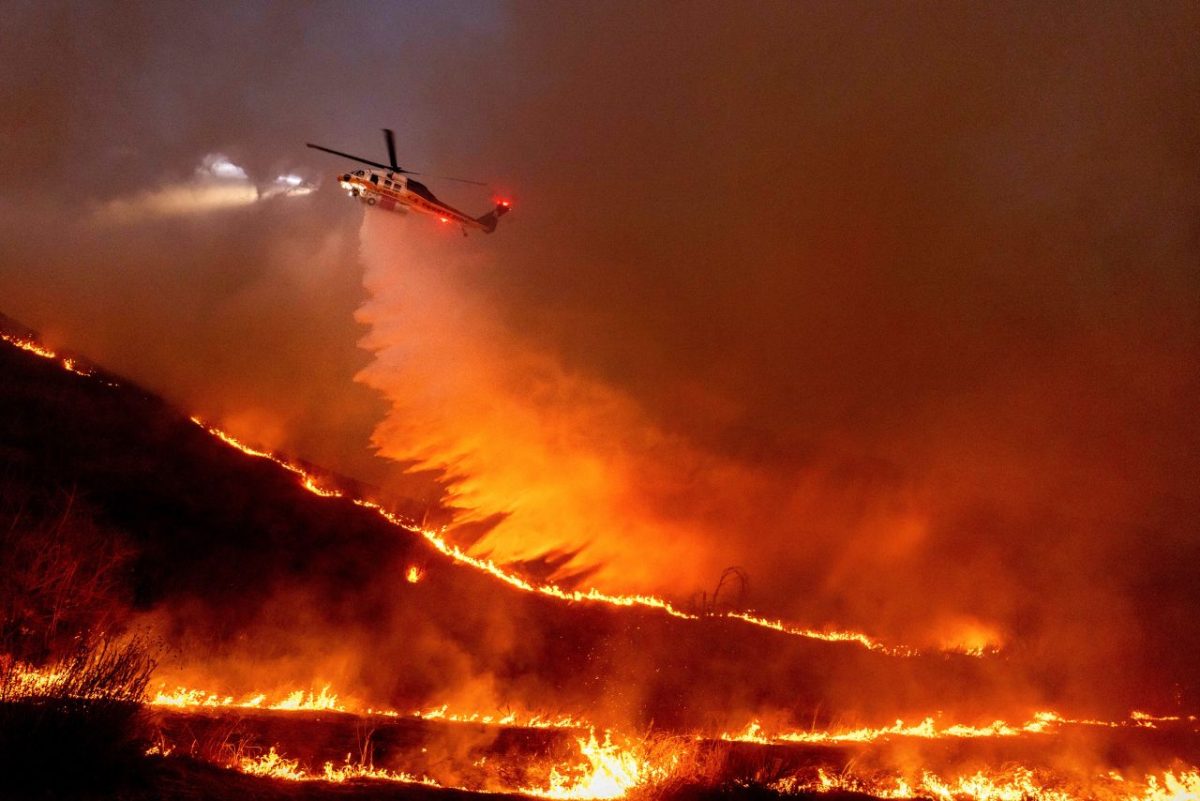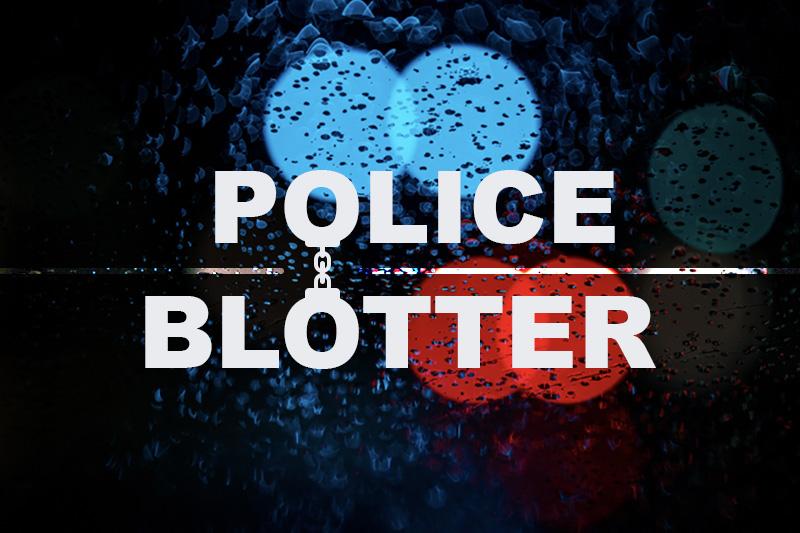President Trump delivered on another major campaign promise on Wednesday when he signed the “No Men in Women’s Sports Executive Order”, banning anyone not assigned female at birth from participating in women’s sports.
Coincidentally, this executive order was enacted on National Girls and Women in Sports Day on February 5th.
This was a major issue of the Trump campaign, along with transgender rights in general, as Trump claimed during a White House press conference following the signing:
“The radical left has waged an all-out campaign to erase the very concept of biological sex and replace it with a militant transgender ideology”.
The issue of transgender women in sports has proliferated among conservative politicians and news sources within the past year, especially around the 2024 Olympics. The main instance of this was with Algerian boxer Imane Khelif who won the gold medal in Paris this past summer, after her opponent, Italian Angela Carini, quit mid-match, claiming that Khelif was transgender and thus had an unfair advantage.
Khelif was born female and identifies as female, but she still had to provide photographic proof that she wasn’t assigned male at birth.
Carini eventually apologized for the claims, but news hosts, talking heads, and even President Trump continue to push false claims that Khelif is transgender. Other instances of this happening include claims that US athletes Katie Ledecky and Ilona Maher, as well as WNBA player Caitlin Clark, all of whom were assigned female at birth and identify as female.
An instance of a transgender woman participating in women’s sports is Lia Thomas, a swimmer who won an Ivy League championship for UPenn and set several conference records in 2022. This was immediately deemed controversial and made headline news, making trans athletes into a mainstream political issue. Following several legal proceedings, Thomas’ records and title were allowed to stand, but she would miss out on her lifelong dream of participating in the Olympics.
Following Trump’s executive order, three former teammates of Lia Thomas at UPenn are suing her and the school for her records to be vacated and her Ivy League Championship revoked.
For all the buzz about transgender athletes in the NCAA, only 10 total identify as a gender other than the one they were assigned at birth, or only about 0.000019% of roughly 530,000 student-athletes.
A day following Trump’s order, the NCAA put out a statement changing their policy on trans athletes.
NCAA President Charlie Baker praised Trump’s order for providing “clear, consistent, and uniform eligibility standards”, and announced that transgender women could practice with women’s teams, but could not compete with them.
The executive order also directs the Department of Education to investigate schools and colleges that receive federal funding for potential infractions, filing them under Title IX, which prevents discrimination on the basis of sex in schooling.
On Thursday, the Department of Education announced investigations into three schools for Title IX violations under Trump’s new executive order: San Jose State University (whose volleyball team has faced unconfirmed claims of having a trans athlete), the Massachusetts Interscholastic Athletic Administration, and Lia Thomas’ alma mater, the University of Pennsylvania.
LGBTQ+ and transgender rights activists have unilaterally condemned the order, calling it a legalized form of discrimination.
“[Trump’s executive order] is a blatant attack on trans rights and feeds into the culture war of anti-trans hysteria,” Marcelle Afram, a transgender rights activist, told the BBC.
“It’s another obvious attempt to police trans bodies, further marginalizing an already vulnerable community.”






















